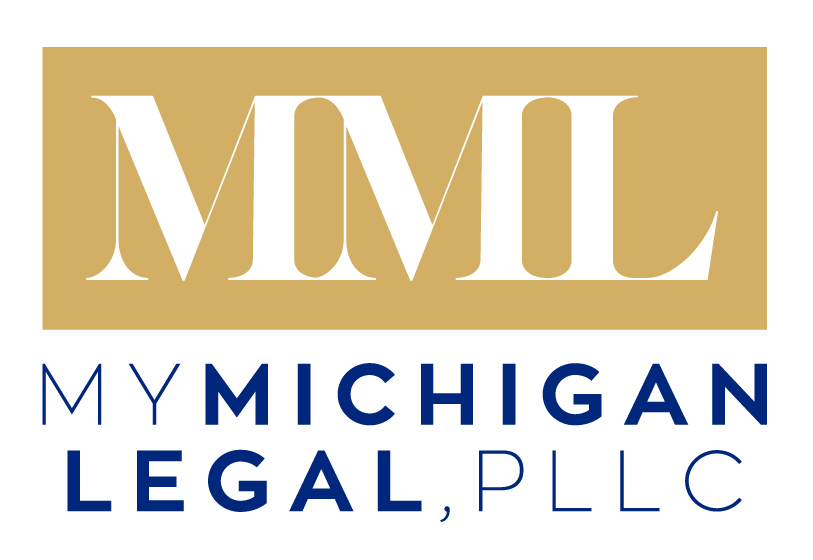EXPUNGEMENTS
EXPUNGEMENTS EXPLAINED
An expungement is a legal process to remove a conviction from an individual’s public criminal record. Getting a conviction expunged can open up all kinds of opportunities that were closed due to the conviction. This can include being able to qualify for housing, jobs, and professional licenses that are awarded by the state. If you are successful in your expungement petition, then you will not get back any fines or fees that you have already paid, and you will still have to pay any outstanding restitution. There are some automatic expungements, but most criminal expungements require you to petition the court for expungement and get the judge’s approval before they occur.
Even after a successful expungement, law enforcement and other governmental authorities will still be able to see it as part of a nonpublic record. Prior expunged convictions can still be used by prosecutors to charge a second or subsequent offense or to use in sentencing as a habitual offender.
There has been a recent update under Michigan law to allow the expungement of OWI/DUI convictions. In the past, a motor vehicle driving misdemeanor such as a drunk driving could not be expunged under Michigan law. Recent legislation has allowed this for the first time since the law took effect on February 19, 2022.
The main functions of Michigan’s Clean Slate Legislation are to allow a wider range of criminal convictions to be expunged and to make the process easier, in some cases automatic. If you have questions about getting an expungement to remove a criminal conviction from your record, then it is important that you speak to an experienced criminal defense lawyer.
Not all criminal convictions are eligible to be expunged. Capital cases cannot be expunged. A capital case is one that carries a maximum of life in prison. Certain sex offenses, child abuse offenses, child pornography offenses, and assaultive offenses cannot be expunged under Michigan law.
You are only eligible for expungement once a specific time period has passed after you have completed all of the terms of your sentence. The time periods for different expungements are as follows:
- Seeking to expunge one serious misdemeanor: five years
- Seeking to expunge one non-serious misdemeanor: three years
- Seeking to expunge multiple serious misdemeanors: five years from the most recent conviction
- Seeking to expunge multiple non-serious misdemeanors: three years from the most recent conviction
- Seeking to expunge one felony: five years
- Seeking to expunge more than one felony: seven years from the date of the most recent conviction
Michigan’s Clean Slate law made significant changes to expungement laws across the state. Under Clean Slate, an individual can now seek to expunge an unlimited number of eligible misdemeanor convictions. Previously, an individual could only seek to expunge up to two eligible misdemeanor convictions. Under Clean Slate, an individual can also seek to expunge up to three eligible felony convictions. Previously, an individual could seek to expunge one eligible felony conviction. Current law allows an individual to seek expungement for a maximum of two convictions for assaultive crimes.
Michigan Clean Slate also includes a provision known as “one bad night.” One bad night allows for multiple convictions to be considered as one conviction if they were all committed within the same 24-hour period. Make sure you have your conviction(s) reviewed by an experienced criminal defense attorney to determine whether you are eligible for expungement.
THE MY MICHIGAN LEGAL DIFFERENCE
It is not automatic in many cases to get your previous conviction(s) expunged from your criminal record. At My Michigan Legal, we pride ourselves on making sure we put your best foot forward in front of the judge so you can have your best chance to get your conviction(s) expunged. This can include adding character references, completed treatment, and other successes you have had since your conviction(s). It is important to show the judge that you have continued to work hard despite your criminal conviction and that you are a good candidate to have your record cleared.
WHAT IF I HAVE MORE QUESTIONS?
If you are seeking an expungement, then you will likely have a number of questions. Finding a website like this one can be a great resource, but it is not a substitute for the advice of an experienced criminal defense attorney. If you have questions about your situation, then contact us at My Michigan Legal today.


